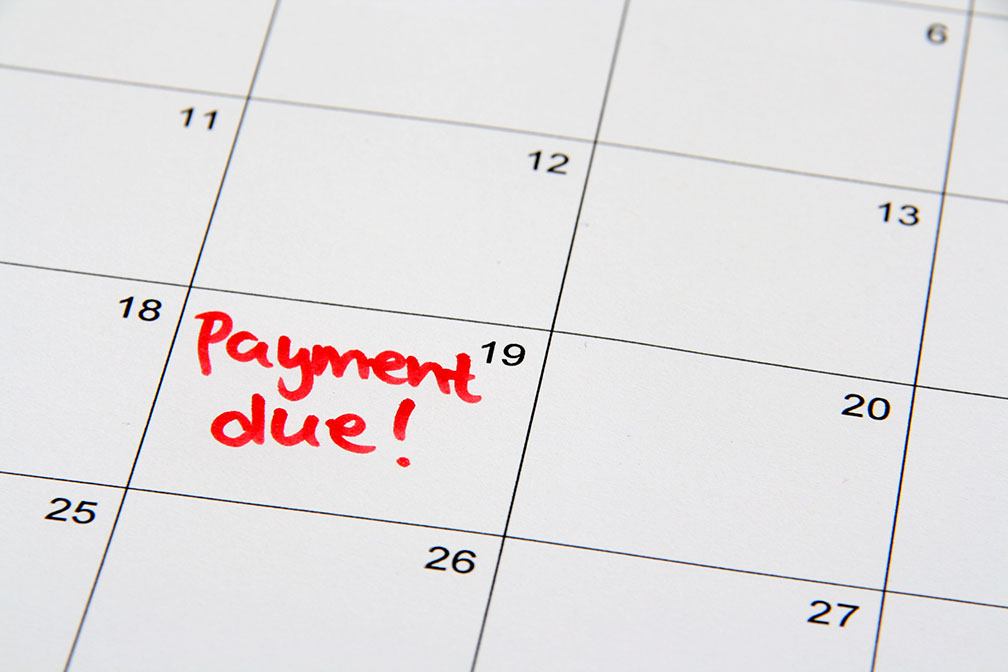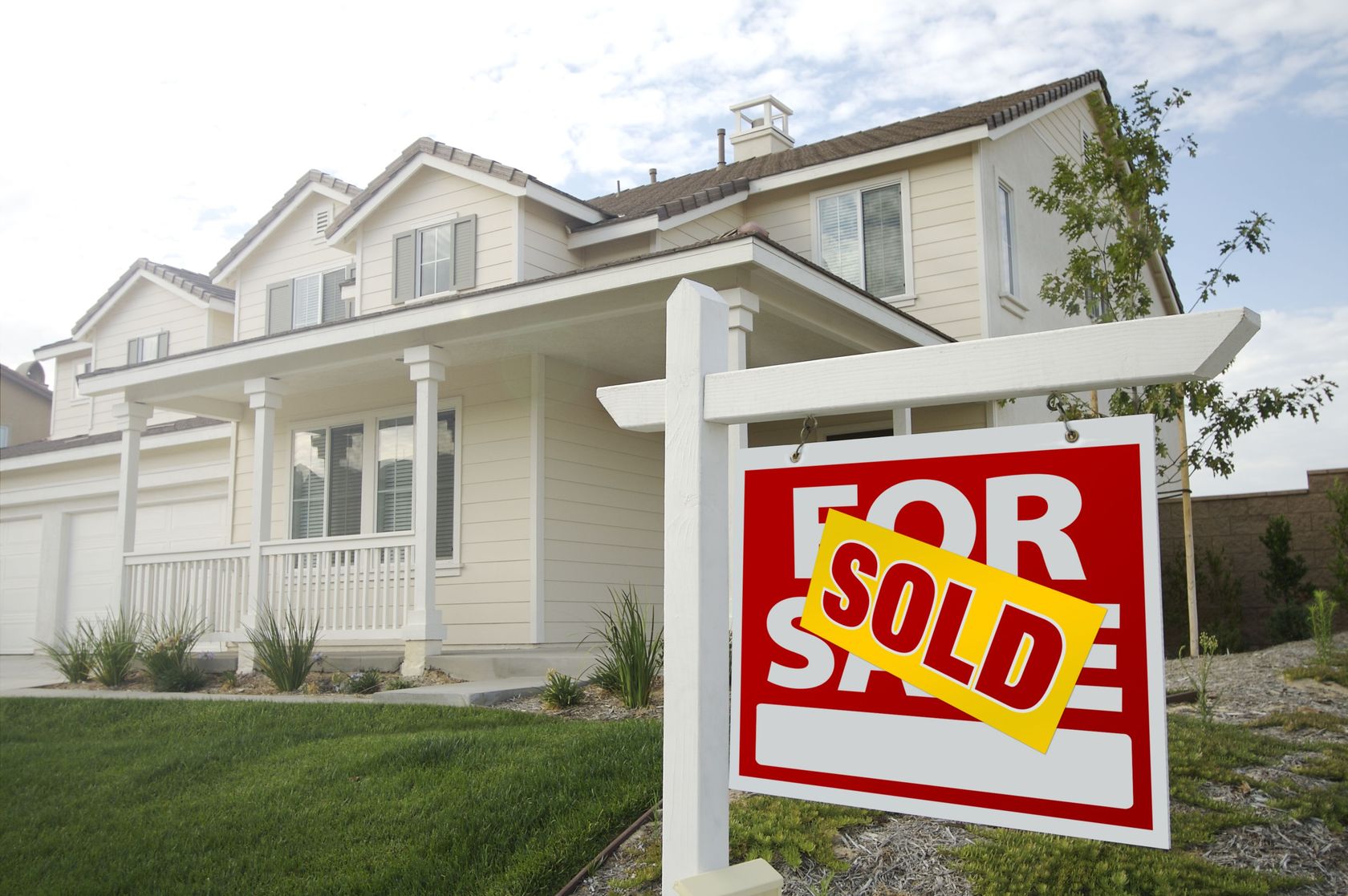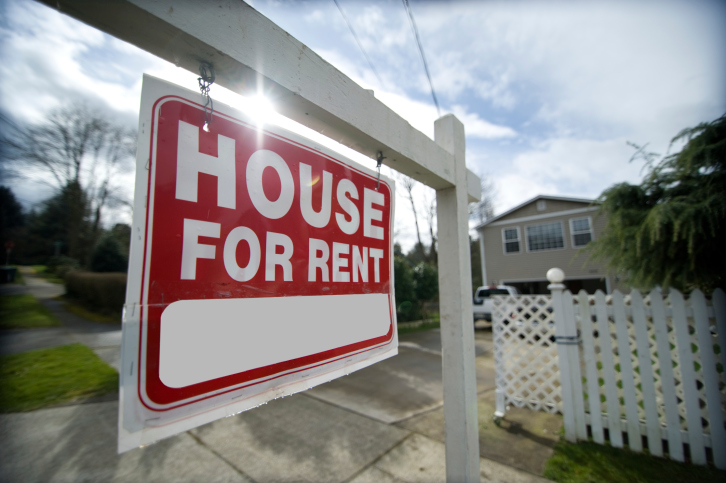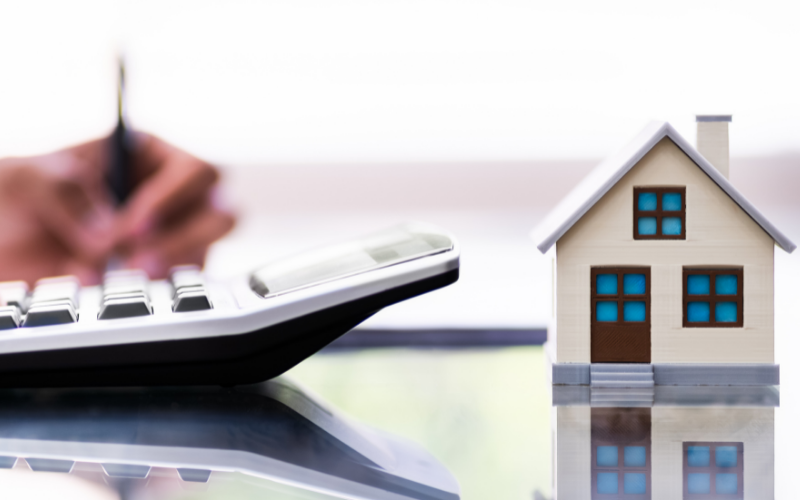 Are you the type of person that struggles with remembering to pay their bills on time? You’re not alone. People across the country regularly submit late monthly payments, inflicting terrible damage to their credit. Let’s take a quick look at how paying your loan or other monthly payments late can have a negative impact on your mortgage.
Are you the type of person that struggles with remembering to pay their bills on time? You’re not alone. People across the country regularly submit late monthly payments, inflicting terrible damage to their credit. Let’s take a quick look at how paying your loan or other monthly payments late can have a negative impact on your mortgage.
Your Credit Score Is At Risk
As you already know, almost all banks, credit cards, mortgage companies and other lenders rely on your credit score to help assess the risk of lending money to you. Paying any of your payments late – even something as small as your mobile phone bill or a department store credit card – can result in negative marks showing up on your credit report. If you are late enough times or fail to repay the late payment in full, then your score will start to drop.
Refinancing Can Be Affected
If you already have a mortgage, then a lower credit score can be a problem when you try to refinance. The process of refinancing involves taking out a new mortgage, in which your lender will reassess your risk using your credit score as one of the indicators. If you have been making late payments, you might end up having to settle for a higher interest rate or you may even be declined for the new mortgage.
Making A Late Payment? Contact Your Lender
If you are caught in a bind and have to make a late payment, it is best to get a call in to your lender as soon as possible. First, there may be a grace period in which you can be a few days late without any penalty. If that little bit of breathing room is all you need to get caught up, you’re set. If not, you can let them know your circumstances and discuss what options you have.
It is essential to pay your monthly payments on time, even if it means making some small sacrifices in other areas. The better your credit score looks, the more opportunities you will have to make positive financial moves in the future. To learn more about monthly mortgage payments or to take out a mortgage on a new home, contact us today. Our team of mortgage professionals is here to help you find a mortgage to buy the home of your dreams.
 Are you in the market for a new home? If you are considering a mortgage, you may be curious about mortgage insurance, commonly referred to as PMI or MI. Let’s explore the topic of mortgage insurance, including how it works to reduce risk and how it benefits you as the mortgage borrower.
Are you in the market for a new home? If you are considering a mortgage, you may be curious about mortgage insurance, commonly referred to as PMI or MI. Let’s explore the topic of mortgage insurance, including how it works to reduce risk and how it benefits you as the mortgage borrower. Buying a house can be expensive, and it can take a long time to save up money for a down payment; however, it might be time for you to stop renting and buy your own place. What are some of the top reasons why it might be time to put down some roots?
Buying a house can be expensive, and it can take a long time to save up money for a down payment; however, it might be time for you to stop renting and buy your own place. What are some of the top reasons why it might be time to put down some roots? The whole idea of investing is to use a portion of your money now to get more down the road. It is important for everyone to diversify their investments, and you might be thinking about buying a second house to do so. Investing in real estate is a goal that a lot of people have, but how can you get started? It was challenging enough to buy your first house, so how can you afford a second one?
The whole idea of investing is to use a portion of your money now to get more down the road. It is important for everyone to diversify their investments, and you might be thinking about buying a second house to do so. Investing in real estate is a goal that a lot of people have, but how can you get started? It was challenging enough to buy your first house, so how can you afford a second one?  If you are applying for a home loan of any kind, there is a high likelihood that your lender will require a home appraisal. An appraisal is done to figure out how much your home is actually worth because the lender does not want to lend you more money than you could theoretically sell the home for in the future. There are some situations where the lender might be fine with a drive/by appraisal. What does this mean?
If you are applying for a home loan of any kind, there is a high likelihood that your lender will require a home appraisal. An appraisal is done to figure out how much your home is actually worth because the lender does not want to lend you more money than you could theoretically sell the home for in the future. There are some situations where the lender might be fine with a drive/by appraisal. What does this mean? Even though many people are focused on some of the most common mistakes that first-time home buyers make, there are also a lot of mistakes that first-time sellers make. Your house is an investment, and the time to capitalize on that investment is when you sell your house. What are some of the mistakes you need to avoid if you want to find the best deal possible?
Even though many people are focused on some of the most common mistakes that first-time home buyers make, there are also a lot of mistakes that first-time sellers make. Your house is an investment, and the time to capitalize on that investment is when you sell your house. What are some of the mistakes you need to avoid if you want to find the best deal possible? As interest rates fluctuate, you might think about refinancing your mortgage. This is the cost of taking out a new home loan to replace the one you currently have. If you get a significantly lower interest rate, you could save tens of thousands of dollars over the life of the mortgage. On the other hand, you need to think about potential expenses you might incur during the refinancing process. Because you are taking out another home loan, you may need to pay closing costs a second time. What are some of the most common expenses you might have to pay?
As interest rates fluctuate, you might think about refinancing your mortgage. This is the cost of taking out a new home loan to replace the one you currently have. If you get a significantly lower interest rate, you could save tens of thousands of dollars over the life of the mortgage. On the other hand, you need to think about potential expenses you might incur during the refinancing process. Because you are taking out another home loan, you may need to pay closing costs a second time. What are some of the most common expenses you might have to pay? Owning rental properties is a great way to diversify investments. Similar to the stock market, homes come in many shapes and forms. Some people are looking for short-term rental properties while other people are looking for long-term rental properties. What are the differences between them, and why might one person choose to own one of these properties over the other?
Owning rental properties is a great way to diversify investments. Similar to the stock market, homes come in many shapes and forms. Some people are looking for short-term rental properties while other people are looking for long-term rental properties. What are the differences between them, and why might one person choose to own one of these properties over the other? The vast majority of people will need to go through a mortgage lender when purchasing a home. One of the last steps in the purchase process is the home appraisal. The lender wants to make sure they are not lending more money than the house is worth. If the appraisal value comes in above what the buyer is paying, then the buyer is happy because they might be getting a great deal. On the other hand, if the appraisal comes in below what the buyer is paying, this can be frustrating. What is the appraisal gap, and how does it work?
The vast majority of people will need to go through a mortgage lender when purchasing a home. One of the last steps in the purchase process is the home appraisal. The lender wants to make sure they are not lending more money than the house is worth. If the appraisal value comes in above what the buyer is paying, then the buyer is happy because they might be getting a great deal. On the other hand, if the appraisal comes in below what the buyer is paying, this can be frustrating. What is the appraisal gap, and how does it work?